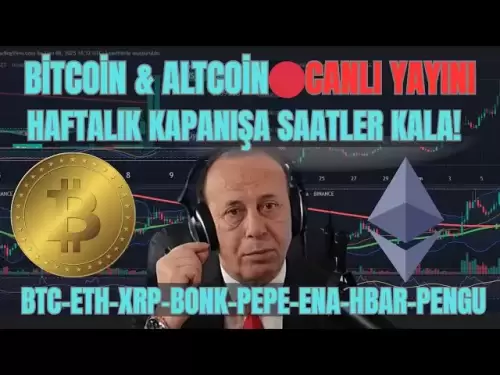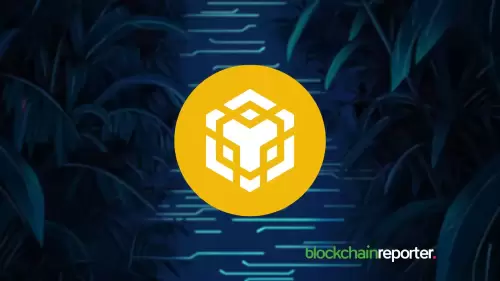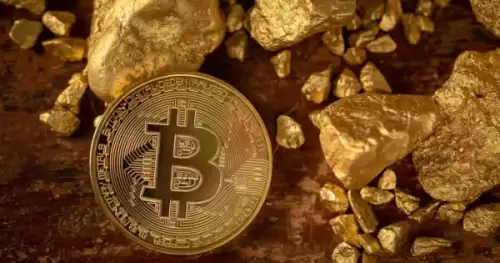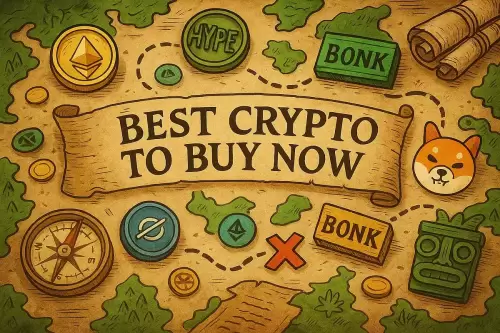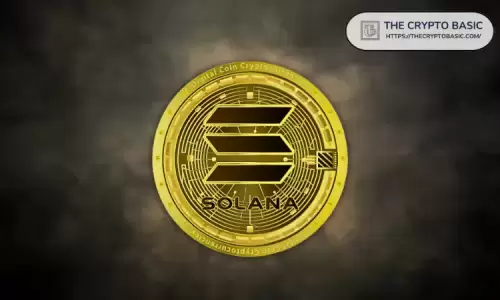 |
|
 |
|
 |
|
 |
|
 |
|
 |
|
 |
|
 |
|
 |
|
 |
|
 |
|
 |
|
 |
|
 |
|
 |
|
Cryptocurrency News Articles
World Raises $135M in Token Sale From a16z and Bain Capital Crypto
May 22, 2025 at 02:36 am
World, the company behind the digital identity network, secured $135 million in a sale of its native token, WLD. The funds mainly come from two of its early investors, Andreessen Horowitz and Bain Capital Crypto

World, the company behind the digital identity network, has secured $135 million through the sale of its native token, WLD.
The majority of the funds come from two of its early investors, Andreessen Horowitz and Bain Capital Crypto, who acquired the tokens at market price to support the network’s expansion and development.
This capital injection will help accelerate World’s presence within the United States and also strengthen its infrastructure internationally. Its system allows users to obtain a World ID, a digital identity verified through Orb technology. This device scans a person’s iris to collect biometric data and confirm their humanity within the digital ecosystem.
To date, more than 26 million people have used the network, and around 12.5 million have a verified World ID. The project aims to meet the growing demand for tools that differentiate humans from machines, especially amid the rapid advancement of artificial intelligence. According to the company, this technology will be essential to adapt to the upcoming era of artificial general intelligence.
World Started Rolling Out in Several U.S. Cities
World began deploying its network in multiple U.S. cities, including Atlanta, Austin, Los Angeles, Miami, Nashville, and San Francisco.
Users can scan their iris at an Orb and receive WLD tokens as a reward for completing the verification process. This approach encourages participation and helps expand the user base.
Two years ago, World raised $115 million with support from Blockchain Capital, a16z crypto, Bain Capital Crypto, and other investors. Sam Altman, CEO of OpenAI, is among the company’s co-founders, adding notable leadership to the project.
The WLD token launched in July 2023 and by mid-May 2025 was trading around $1.16. Investors now trust World’s ability to scale its network and maintain long-term sustainability, relying on a protocol that balances technological innovation with the protection of human identity.
Disclaimer:info@kdj.com
The information provided is not trading advice. kdj.com does not assume any responsibility for any investments made based on the information provided in this article. Cryptocurrencies are highly volatile and it is highly recommended that you invest with caution after thorough research!
If you believe that the content used on this website infringes your copyright, please contact us immediately (info@kdj.com) and we will delete it promptly.
-

-

-

-

-

-

-

- Bitcoin Laundering, Blockchain Forensics, and Crypto Fraud: A Deep Dive into the Dark Side of Digital Assets
- Jul 28, 2025 at 03:58 pm
- Explore the latest trends and insights in Bitcoin laundering, blockchain forensics, and crypto fraud. From religious scams to corporate insider threats, we uncover the evolving landscape of digital asset crime.
-

-























